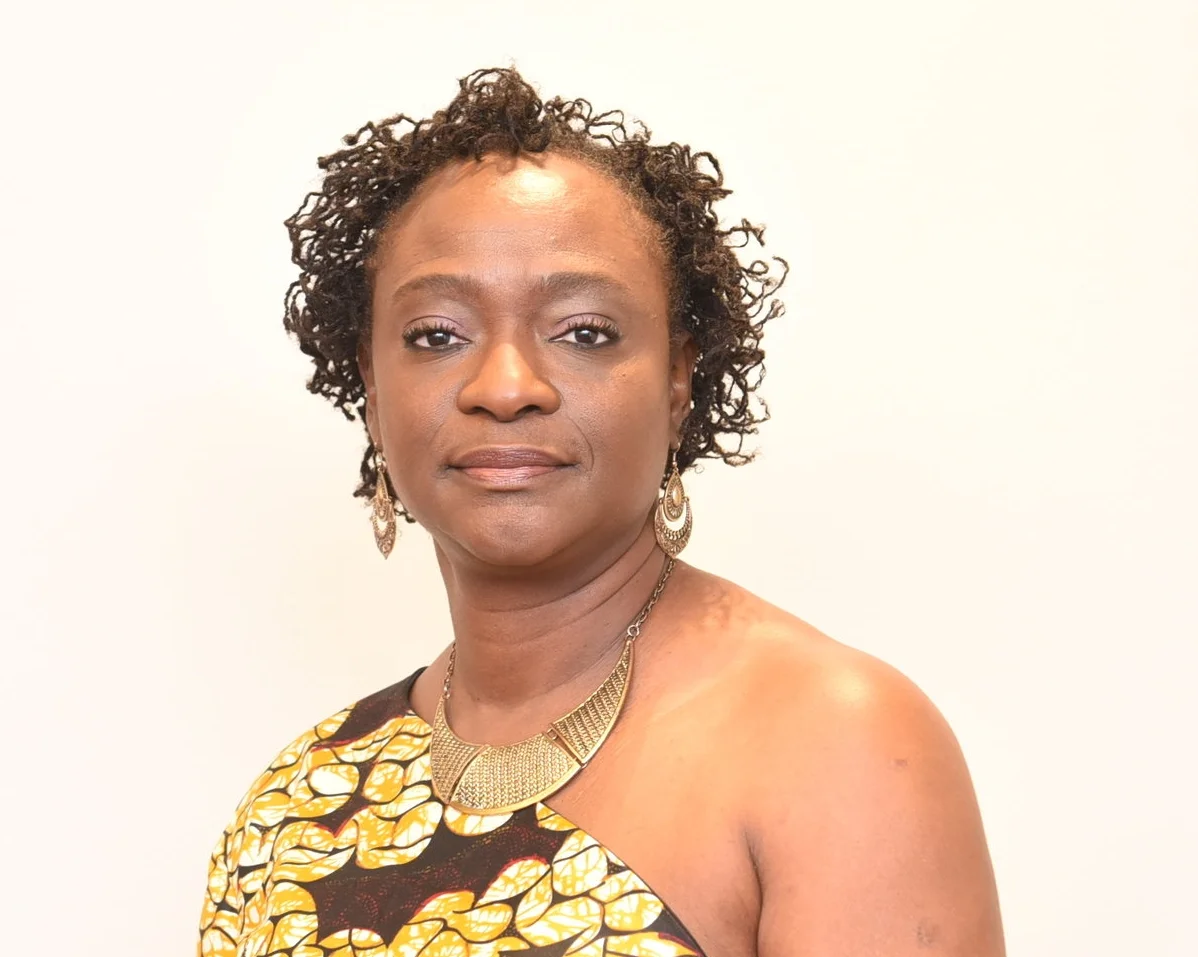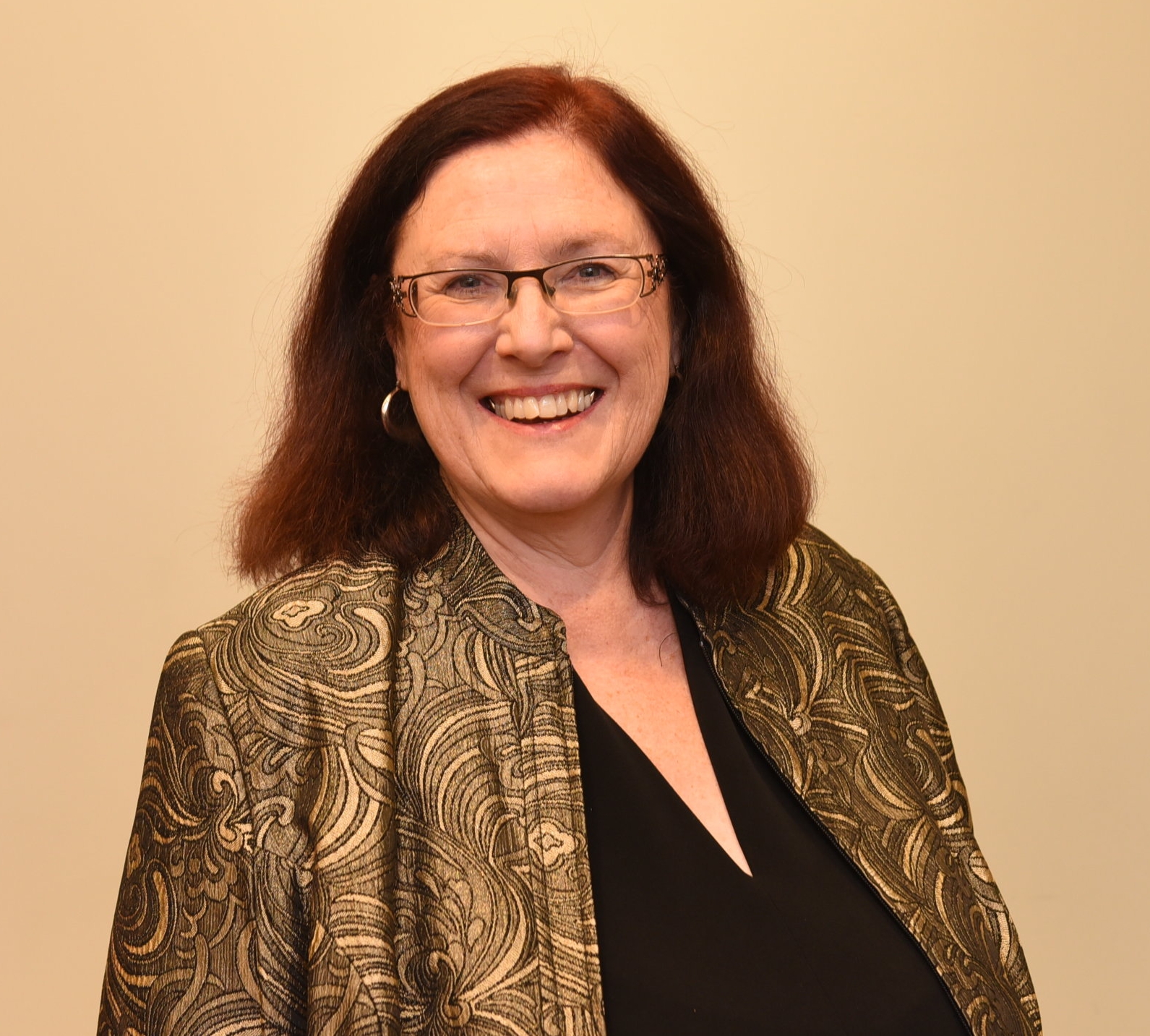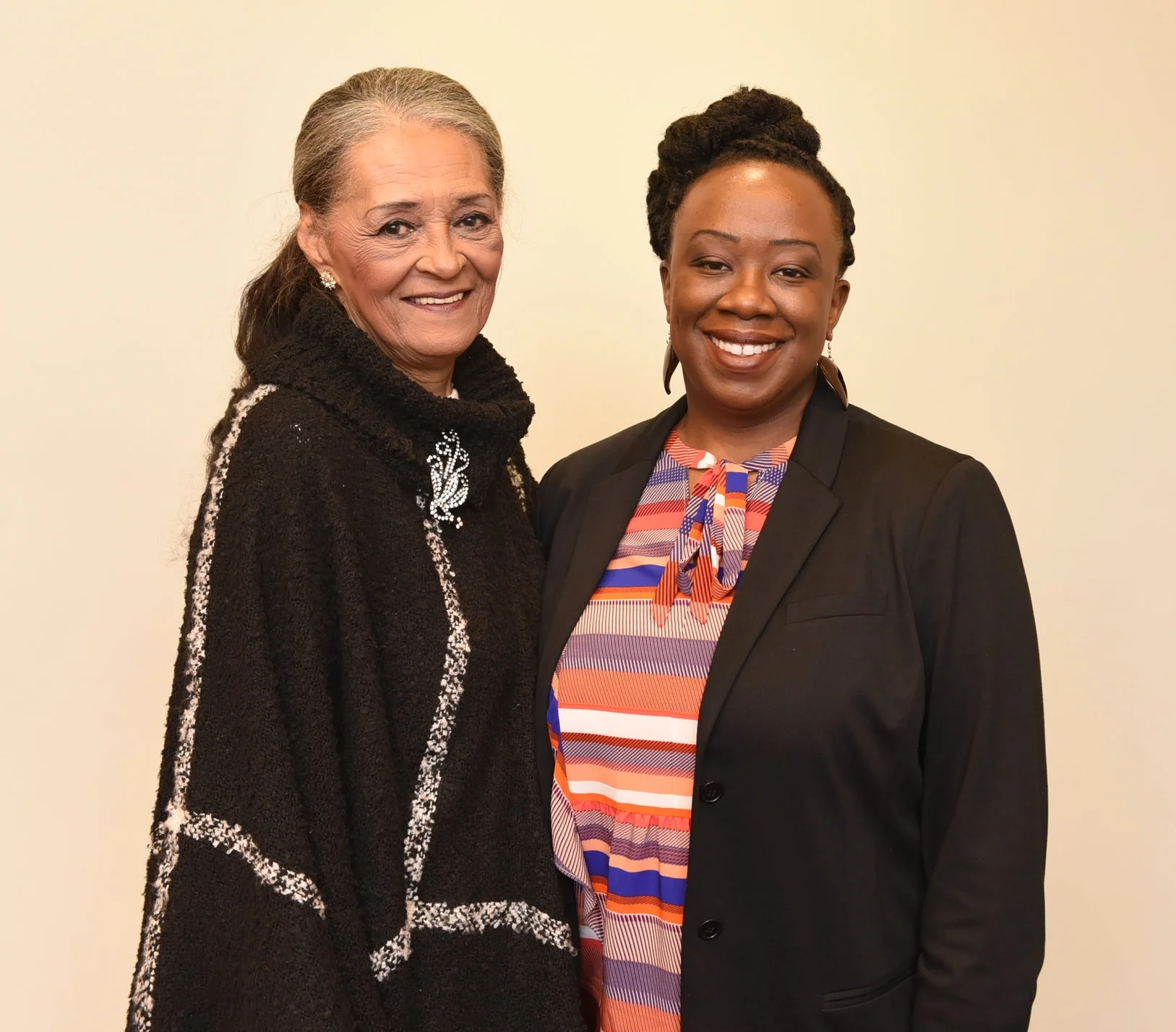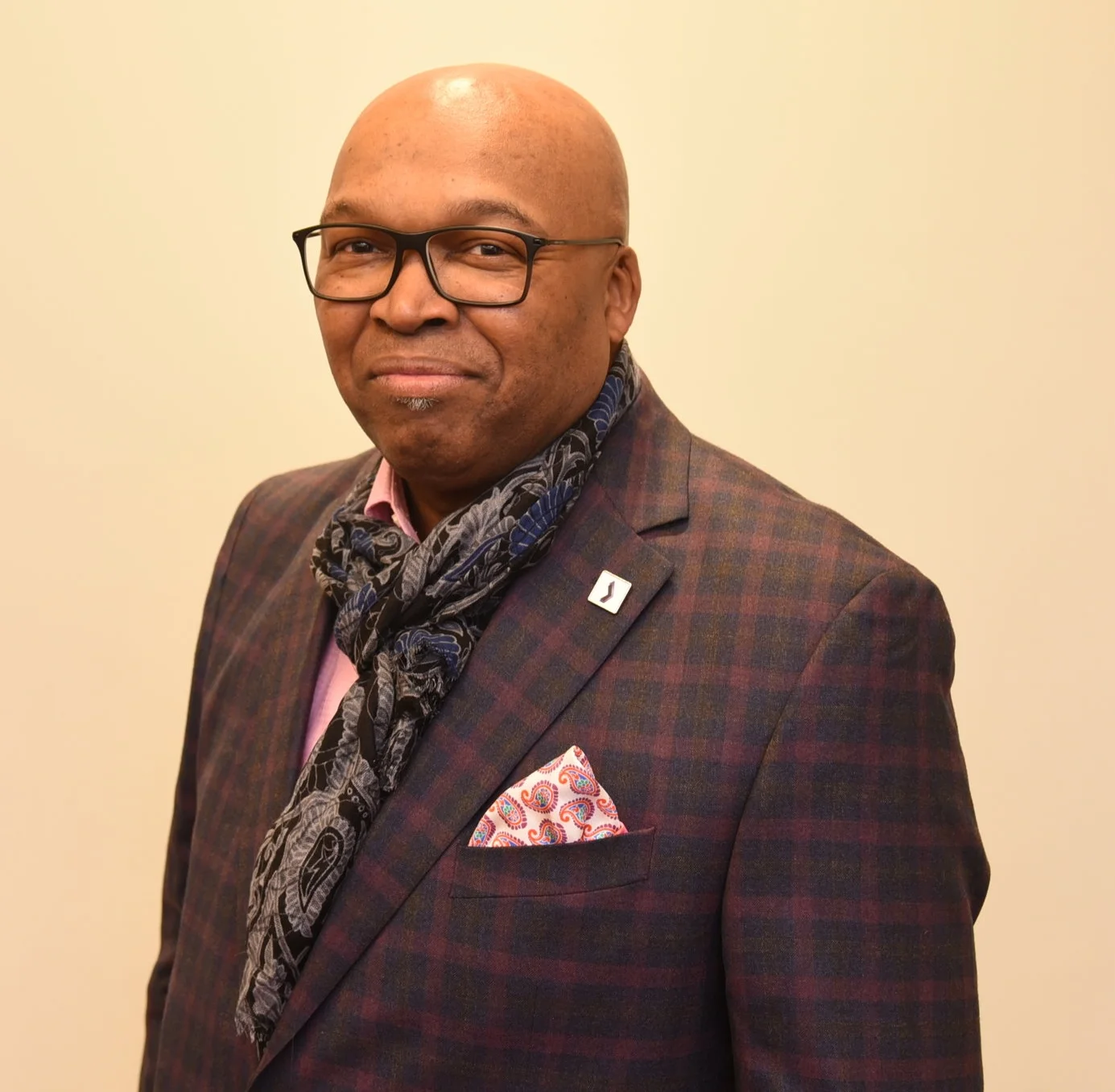Black History Month launch in Toronto
February 1, 2018
Dr. Beverly-Jean Daniel’s first encounter with the Canadian education system was an eye-opener.
Migrating from Trinidad & Tobago at age 16, she completed high school at Parkdale Collegiate Institute.
“The first time I met the principal, he asked me what an ‘A’ stood for in the system I came from,” she recalled. “As if that wasn’t enough, he said he had heard that people like me like to sing and dance. That’s when I made it very clear to him and anyone that would listen that I wasn’t going to be streamed and that I was going to pursue the subjects I was interested in.”
Daniel understands the frustration and challenges facing Black youths trying to complete high school.
“There are amazing teachers in school systems that care about all the children under their watch,” she pointed out in the keynote address at the Ontario Black History Society (OBHS) Black History Month kick-off last Sunday at the Metro Toronto Convention Centre. “Then there are those who are scared of Black children, who don’t understand them and just are not interested in wanting the best for them.”
The Ryerson University assistant professor said the Black community has a responsibility to help youths develop their desire to be great.
“Every Black youth has a genius in them,” she said. “They are a precious gift to the universe and we have to expose them to a wide range of options so they can get to understand that there are many pathways they can travel. When I work with our young people, they don’t see themselves as being capable of being great because everyone tells them that they are supposed to fail. It is our responsibility to tell them we will always have their backs and we are always going to stand with them. In our community, we have many kings who simply haven’t found their crowns as yet. We have many queens who have yet to be draped in their royal robes. In each and every one of them, there’s but pure genius and royalty.”
As a faculty member in Humber College’s School of Social & Community Services prior to joining Ryerson, she developed a program -- The Bridge -- which fosters and encourages students’ success.
“While teaching at Humber, I noticed a lot of Black students were dropping out of the program,” she said. “I had assumed that once a kid made it pass high school into post-secondary spaces, they had learnt how to navigate those spaces and they were going to be OK. I was wrong. At the end of one semester, I had to withdraw 20 students from the program because they didn’t meet the appropriate grade point average. A total of 18 of the 20 were Black.”
In addition to being given the honour to deliver the keynote address, Daniel was the recipient of the Daniel Hill Memorial Award for Community Service.
Disgruntled with the United States after serving as a non-commissioned officer in the American Army during World War II, Hill – an Order of Canada recipient who passed away in 2003 -- brought his family to Canada just over six decades ago.
After completing his Master’s at the University of Toronto, he returned to the U.S for a year to teach sociology at Morgan State College in Baltimore and get married before returning to Canada for good in the summer of 1953.
Hill, the Ontario Human Rights Commission’s first full-time director and commissioner and a provincial ombudsman, and his wife Donna, along with some friends, co-founded the OBHS and authored significant writings. Dan Hill’s ‘Freedom Seekers: Blacks in Early Canada’ received rave reviews while his wife’s book, ‘A Black Man’s Toronto: The Reminiscences of Harry Gairey 1914-1980’, comprised interviews with the community activist considered the patriarch of Toronto’s Black community.
Several other awards bearing the names of Black trailblazers were presented at the annual launch.
Acadia University adjunct professor Dr. Karolyn Smardz-Frost was the recipient of the Mathieu Da Costa Award.
Dr. Karolyn Smardz-Frost (Photo by Ron Fanfair)
He was the first person of African descent to land on Canadian shores as a free man and valued interpreter in 1604 with Samuel de Champlain.
“They landed at Port Royal which is about a 90-minute drive west of where I now live on the Bay of Fundy at Wolfville,” said Smardz-Frost who is the senior research fellow for African-Canadian History at York University’s Harriet Tubman Institute. “I have stood, at least figuratively, where he landed.”
Her ties to the OBHS go back 33 years when she was invited to speak at the organization’s annual meeting. At the time, she was leading a team of archaeologists working for the Toronto District School Board.
“We were setting up real archaeological projects in which students along with members of the public could have a chance to dig into their own city’s past,” said Smardz-Frost. “Our first big discovery was the Blackburn site in a downtown school yard. I approached Dr. Daniel Hill, explaining I had no background in African-Canadian history although my great-grandmother had been enslaved in Virginia.”
Then the OBHS president emeritus and the province’s ombudsman, Hill invited Smardz-Frost to introduce the idea of a public dig at the site to the membership.
Since that time, she has been teaching and publishing books on African-Canadian history. Her biography of Thornton and Lucie Blackburn, ‘I’ve Got A Home in Glory Land’, was the first book on African-Canadian history to win the Governor General’s Award for non-fiction.
Her most recent book, ‘Steal Away Home’, tells the story of Cecelia Jane Reynolds who, at the age of 15, arranged her own escape across the Niagara River by way of the Cataract House hotel in Niagara Falls, New York.
“None of this would have happened without the OBHS and without the help and support of Dr. Daniel Hill,” said Smardz –Frost who is working on a new book on slavery in Nova Scotia before the American Revolution. “They changed my life. I have worked with the OBHS for more than three decades, but I never expected such an honour. I am so deeply touched.”
Historian, artist and writer Janie Cooper-Wilson was presented with the Harriet Tubman Award.
OBHS president Natasha Henry (r) with Janie Cooper-Wilson (Photo by Ron Fanfair)
Tubman, who played a pivotal role in the functioning of the Underground Railroad that was the pipeline for freeing hundreds of slaves and leading them to freedom in Canada, is one of nine Blacks designated Persons of National Significance in Canada with plaques erected to celebrate their landmark achievements. She died in 1913 at age 93.
A descendant of a few of the original Black settlers who built the Oro African Methodist Episcopal church in 1849, Cooper-Wilson played a leading role in the restoration of the oldest African log church still standing in North America.
The dedication ceremony took place in August 2016.
She was also the driving force behind the restoration and re-dedication of the inter-racial Bethel-Union Pioneer cemetery in Sunnidale Township where many of her relatives who descended from those who had escaped to Canada via the Underground Railroad are buried.
“I do what I do because it needs to be done,” said Cooper-Wilson who was born in Collingwood. “The work I do can be very thankless, so it’s good to be recognized sometimes. I was one of the lucky ones in that I knew the original slave in my family. I was always taught to put flowers on the grave and tend it.”
Through DNA testing, Cooper-Wilson established her lineage to the first slaves exported to Jamestown, Virginia in 1619.
She’s a former executive director of the Silver Shoe Historical Society and the Chatham-Kent Black Historical Society and ex-historical director of the Owen Sound Emancipation Festival.
Cooper-Wilson is the recipient of the Robert G. Kemp Award for her novel, ‘Morgan’s Seed’, which is based on the life of her paternal ancestor, John Morgan Sr., who died in Old Sunnidale Township in 1873 at age 110. The Madagascar-born Morgan was a colonial slave and the first resident of the Silver Shoe Settlement in New Lowell.
Other award winners were financial services executive Raymond Williams who was presented with the Rev. Addie Aylestock Award, York University professor Dr. Carl James who received the Mary Matilda Winslow Award, Ottawa-based human resource consultant Eldon Holder who was honoured with the OBHS/United Nations International Decade Award and WoodGreen Community Services which was recognized with the Rose Fortune Rites of Passage Award.
Raymond Williams (Photo by Ron Fanfair)
Several politicians attended the event. They included Lieutenant Governor Elizabeth Dowdeswell, Mayor John Tory, New Democratic Party federal and provincial leaders Jagmeet Singh and Andrea Horwath respectively, Member of Parliament Celina Caesar-Chavannes and Ontario Minister of Advanced Education & Skills Development Mitzie Hunter.
Black History Month evolved from the work of American scholar Dr. Carter Woodson who, in an attempt to spread the concept of African-American history, suggested its celebration during a week in the middle of February.
That month was chosen because it’s the birth month of Abraham Lincoln and the chosen birth month of Frederick Douglass who was born a slave and therefore was unsure of his actual birth date.









